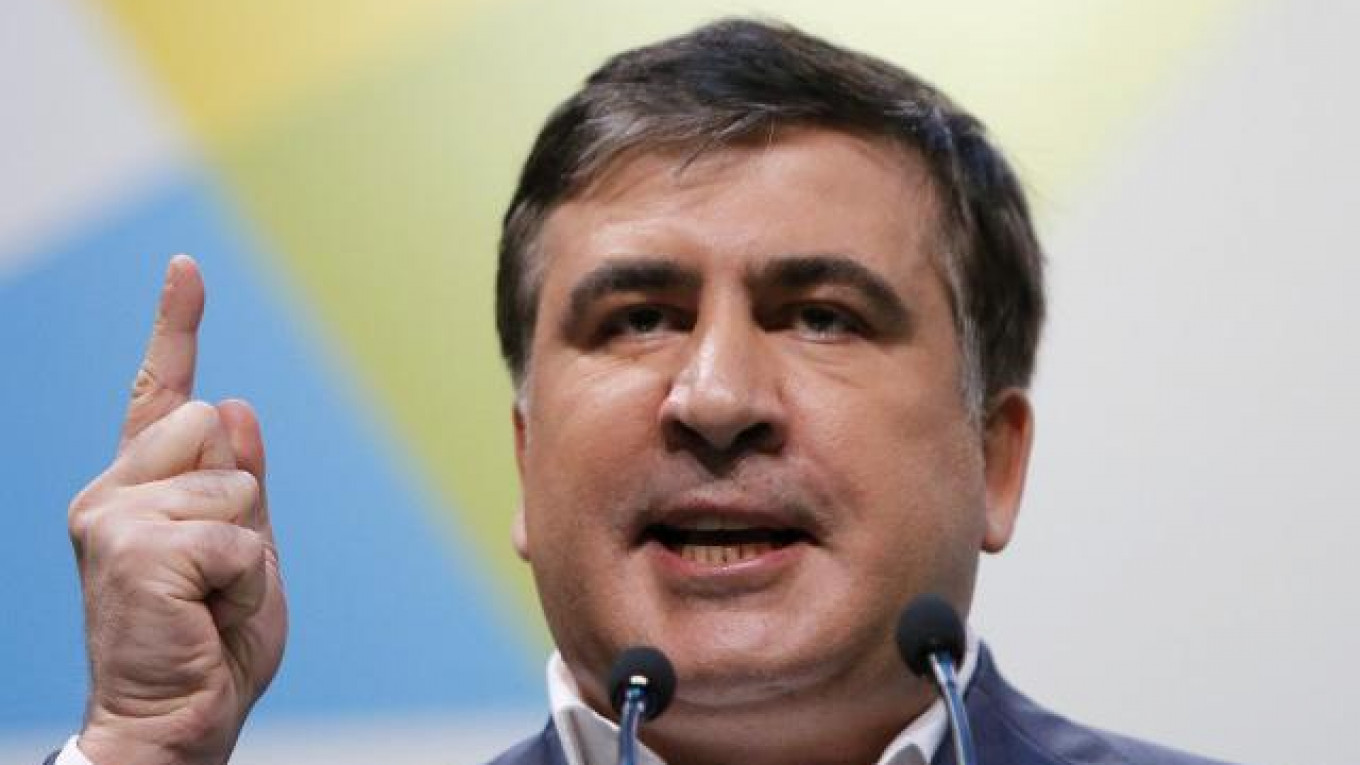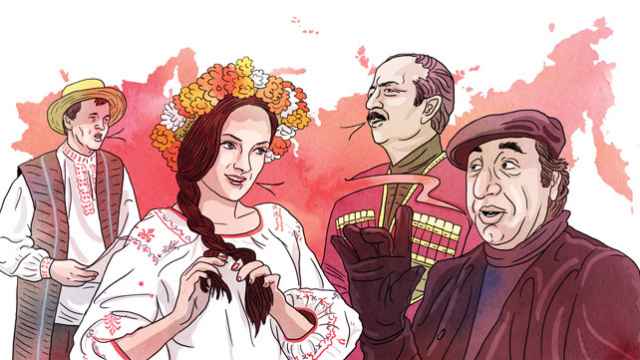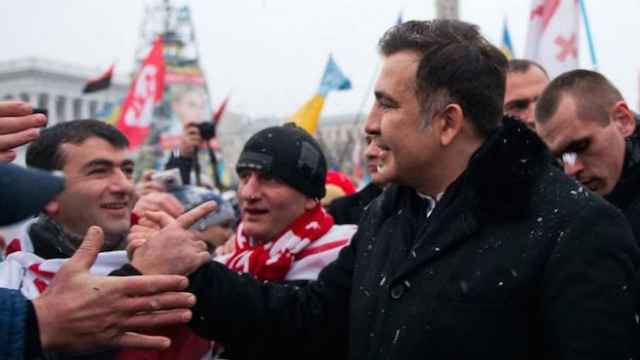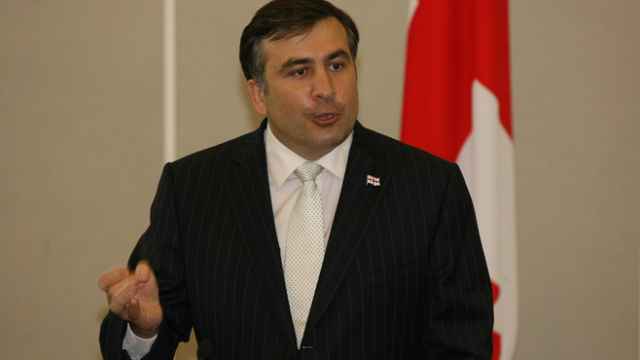The former Georgian President Mikhail Saakashvili, one of the most prominent pro-Western reformers in the post-Soviet region, has resigned as Governor of Ukraine’s Odessa region. The decision is a major symbolic blow to Kiev.
After the successful revolution in Kiev in February 2014, Ukraine was full of hope for change. Citizens were delighted to learn in May 2015 that Saakashvili had been appointed Governor of the Odessa region in the country’s south. A controversial and outspoken figure, Saakashvili immediately began firing officials, identifying corrupt bureaucrats and thieves, and promising to turn the Black Sea port city into a “pearl of the world” within a year. The Ukrainians lapped it up.
Sure, it was unusual that the former president of another country would lead a region of Ukraine, but everyone knew that Saakashvili, who is famous for his reforms in Georgia, would not stop with Odessa, and would extend his reforms across the whole country.
Saakashvili got off to a quick start: he appointed new district heads, launched an administrative services center, streamlined the process for registering a business, eliminated illegal entrance fees at an Odessa beach, and instituted independent checks on Odessa Customs which exposed numerous cases of smuggling.
He befriended local community activists, hired a decent team, began holding public meetings in the trendy Impact HUB center in town, threw lavish parties for journalists, and routinely railed against the already unpopular government of former Prime Minister Arseniy Yatsenyuk.
The problems began just six months after he took office. Mayoral elections in Odessa were slated for October 2015 and Saakashvili’s team wanted its own man to win.
Approximately one month beforehand, they decided to promote Sasha Borovik, an economist, technocrat, and advisor to Saakashvili, but began his campaign only two weeks before the election and failed to invest it with enthusiasm or resources. They quickly called in experienced Ukrainian political consultants who managed to make Borovok’s name fairly well known to voters in that short period. They were unable, however, to prevail against his main rival for the post – Gennady Trukhanov, a former deputy with the Party of Regions (formerly the party of Viktor Yanukovych) who had access to powerful and corrupt connections.
At the same time, the political consultants admitted that Saakashvili’s team did not try particularly hard to win. As a result, Borovik lost, the city passed into the hands of the “old guard,” and Saakashvili’s ratings began to plummet. Word had it that he had lost interest in operating at the regional level and was preparing his political forces to participate in national Ukrainian politics. The citizens of Odessa began to forget about their governor.
Saakashvili made little news in recent months. He issued increasingly fewer statements concerning reforms and the fight against local corruption and more frequently made populist pronouncements about his opponents in the government. Most people found the new Saakashvili much less interesting than before.
The former Georgian president gradually lost his allies and became mired in political struggle. Saakashvili and his circle have repeatedly said that it is impossible to implement reforms in Odessa without getting involved in national politics – and that is true. However, even while speaking about the corruption in the Yatsenyuk government, Saakashvili remained silent about corruption in the administration of Ukrainian President Petro Poroshenko, and the scale of that corruption among the members of his inner circle. Poroshenko, a friend of Saakashvili from their university years, himself began to slow reforms in Ukraine and the Odessa region – the same reforms for which he issued a carte blanche when he became president.
Over 18 months’ time, the window of opportunity available to Saakashvili had shrunk to a fraction of its former size.
As a result, the former Georgian president used Facebook to inform his former university friend that they were now political enemies. “Everyone will have to get used to the fact that I am a Ukrainian politician and that I will achieve victory or suffer defeat not in Georgia, but in Ukraine. “
Ukraine saw Saakashvili and his entire Georgian team as a guarantor of reforms and the country’s development. It was only on the authority of the Georgian team that the West allocated money for police reforms, the most famous and perhaps successful reform that Saakashvili carried out in Georgia, and it was the Georgians who made it clear just how difficult it was to implement reforms in Ukraine.
For Ukraine, Saakashvili’s departure is far from the first, but remains one of the most painful signals that the struggle for reforms and democracy in the country will be much more difficult and protracted than initially anticipated after Maiden. Ukrainians must now reform their own country without relying on “outsiders.”
A Message from The Moscow Times:
Dear readers,
We are facing unprecedented challenges. Russia's Prosecutor General's Office has designated The Moscow Times as an "undesirable" organization, criminalizing our work and putting our staff at risk of prosecution. This follows our earlier unjust labeling as a "foreign agent."
These actions are direct attempts to silence independent journalism in Russia. The authorities claim our work "discredits the decisions of the Russian leadership." We see things differently: we strive to provide accurate, unbiased reporting on Russia.
We, the journalists of The Moscow Times, refuse to be silenced. But to continue our work, we need your help.
Your support, no matter how small, makes a world of difference. If you can, please support us monthly starting from just $2. It's quick to set up, and every contribution makes a significant impact.
By supporting The Moscow Times, you're defending open, independent journalism in the face of repression. Thank you for standing with us.
Remind me later.







